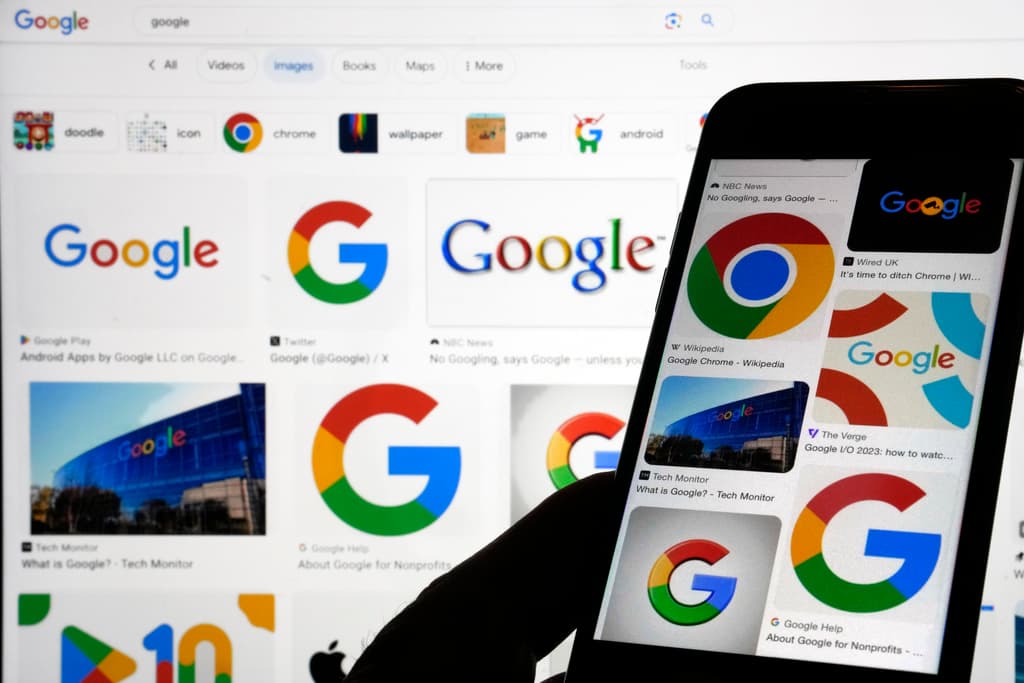Google Violated Antitrust Law by Monopolizing Online Search, Judge Rules
Judge Amit Mehta says in his 277-page ruling that the Silicon Valley titan ‘has not achieved market dominance by happenstance.’

A federal judge says Google is violating federal antitrust law by monopolizing its search through unfair business practices, including by paying other tech companies billions of dollars every year to set Google search as the default engine on computers and smartphones. The judge did not issue any remedy for the violations, however.
Please check your email.
A verification code has been sent to
Didn't get a code? Click to resend.
To continue reading, please select:
Enter your email to read for FREE
Get 1 FREE article
Join the Sun for a PENNY A DAY
$0.01/day for 60 days
Cancel anytime
100% ad free experience
Unlimited article and commenting access
Full annual dues ($120) billed after 60 days

